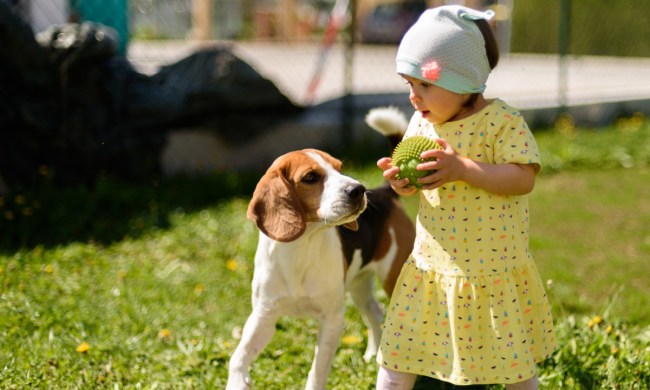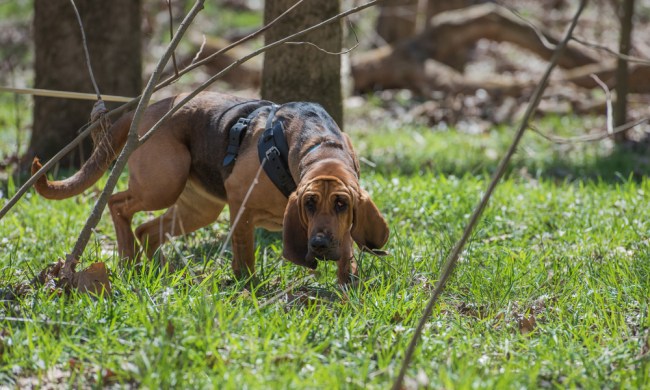When you’re going on vacation or have to take a business trip, leaving your fur babies alone is difficult as a pet parent. However, if you have a good pet sitter, you’ll be much less concerned for your pets while you’re away. You can find a great pet sitter through word-of-mouth referrals from your veterinarian, groomer, friends, and neighbors. Whether you’re using a sitter you’ve worked with before or trying someone new, there are a few steps you can take to make the process much easier for your pets and your pet sitter. Here are some of our favorite pet sitter tips.
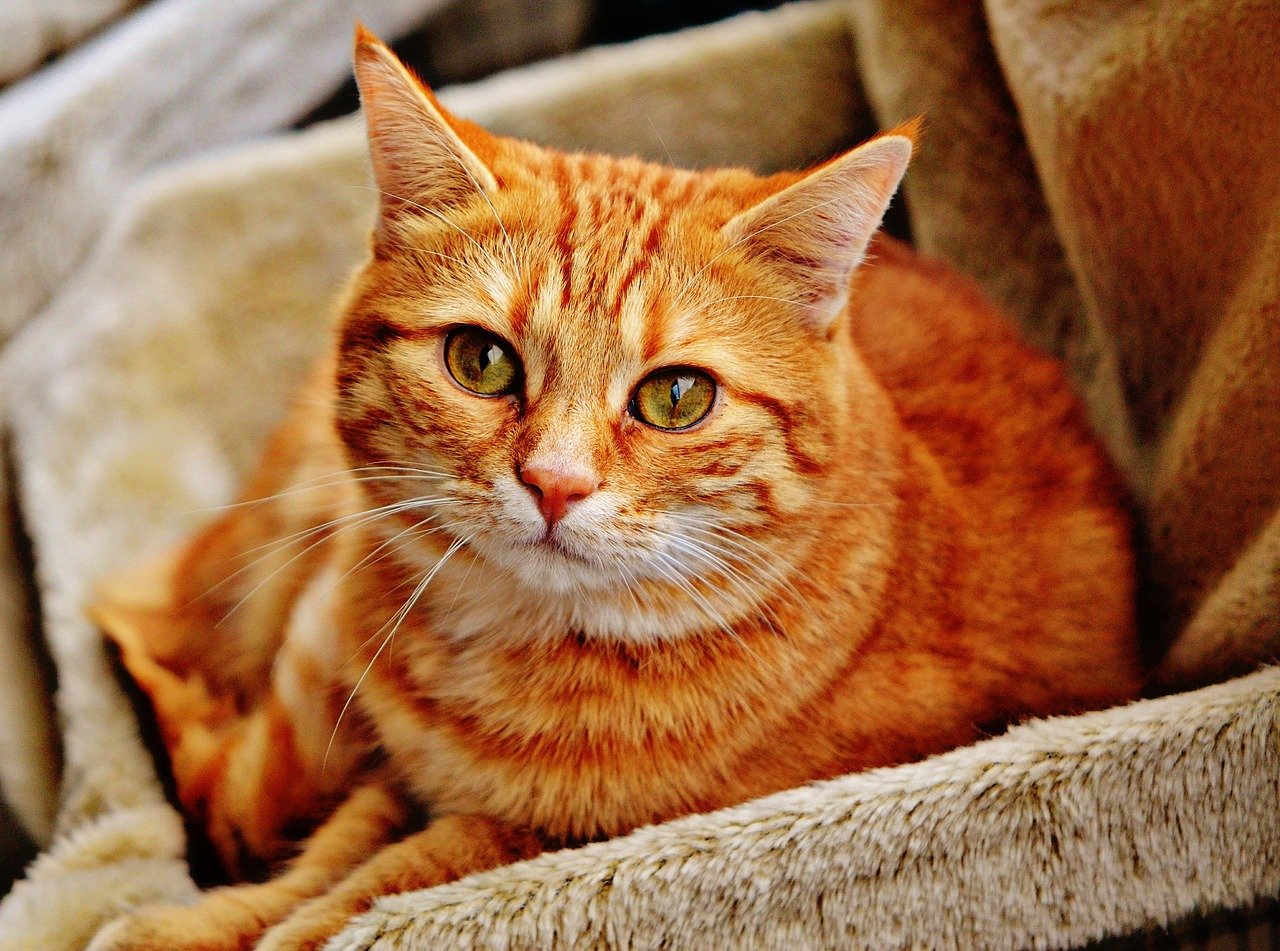
Make sure there’s a proper introduction
If your pet is nervous around strangers, the most important step is introducing him to his sitter before you leave home. Allow your pet to spend time with the sitter while you’re there to keep him calm. When your pet sees you interacting with the sitter and treating them like they belong there, he’ll be much more likely to warm up to them. That doesn’t mean every pet will warm up to every single sitter. In addition to your pet’s comfort and safety, you can’t ask a pet sitter to risk their health on the job. If your pet suddenly becomes aggressive when you open the door to the sitter and never settles down, it’s not going to be a good fit.
Make sure your sitter has notes
While many sitters do this automatically, it’s important to either have your sitter take notes on your pet’s habits, likes, dislikes, and medications or provide them yourself. This is especially important if you have any pets with special needs or allergies. After all, you don’t want your sitter bringing a treat from home if your fur baby has a food intolerance or allergy.
If your pet is on medication or supplements, your sitter will need to know when to administer them. This could require multiple visits in a day, or you may want to ask if your sitter is willing to stay in your home while you’re away. We suggest that you make sure your sitter is insured and bonded, especially if they’ll be staying in your home. Choosing an insured, bonded sitter offers you protection in the event of accidents, negligence, damages, and theft. Lastly, contact information is a must. If your pet falls ill, your sitter needs to know how to reach you, and they’ll need to know how to get in touch with your veterinarian.
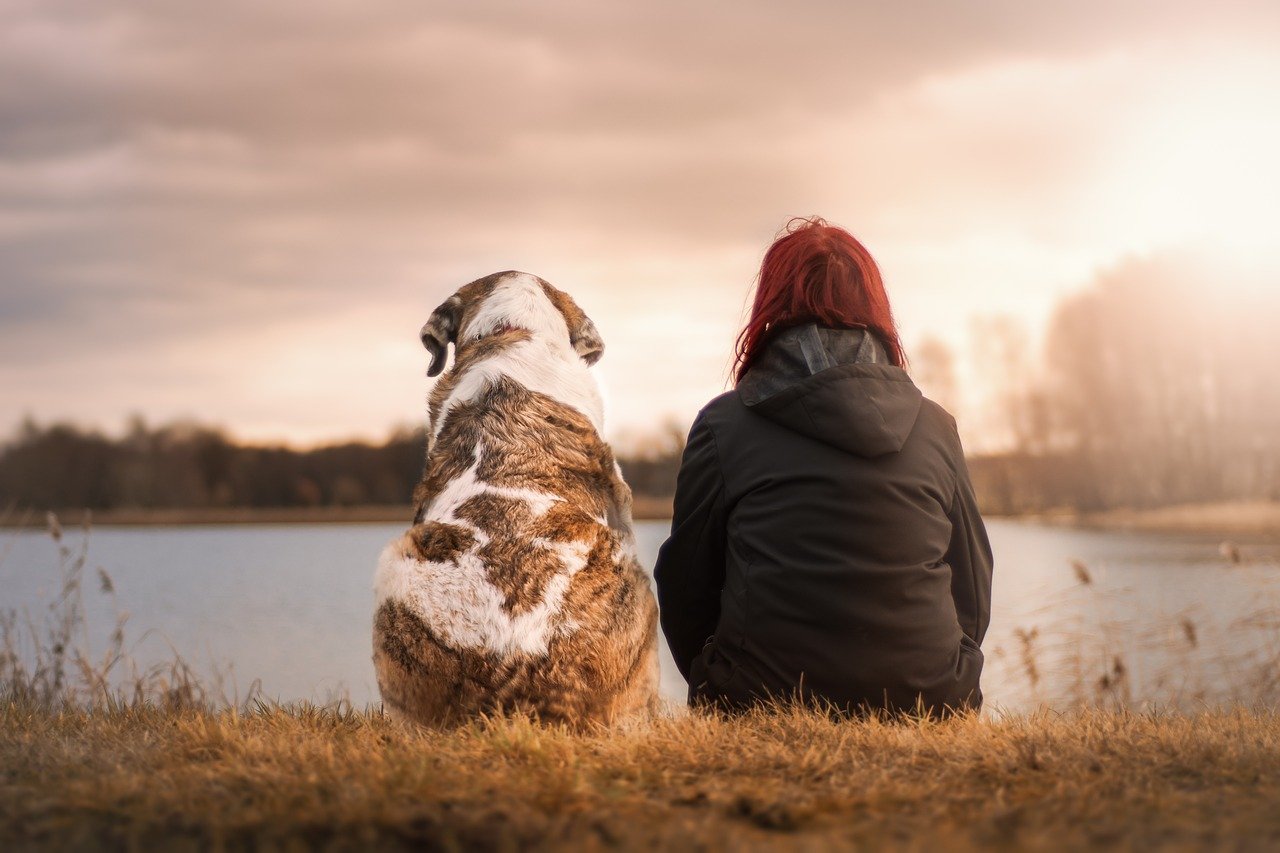
Stick to a routine
Pets do well when they know what to expect day to day, especially dogs. Having a set routine also makes things much easier for your sitter. Just like you, pet sitters lead busy lives, and they could be juggling multiple clients in a day. It’s much easier for them to know they need to walk the dogs at set times than to wonder when they should drop by. Your pets will be much happier if they’re fed and walked at the same time as usual than they will be if they have to adjust to a new routine in addition to the absence of their favorite human.
Make sure you have plenty of supplies
Sometimes out-of-town meetings run longer than expected, flights get delayed due to inclement weather, or you get caught in traffic. Be sure you have enough of your pet’s food, treats, and medications to last for longer than you plan to be away from home just in case an emergency arises.
Consider calming aids
If your pet has a favorite toy or scratching post, make sure he’ll have access to it while you’re gone. You may want to invest in pheromone diffusers, which can help relieve stress. Some pets enjoy music, so leaving the radio or television on while you’re away — especially if you leave it on for them while you’re at work — can help them feel more settled. Having music or the television on also gives the impression that your home is currently occupied, making the risk of break-ins lower. Many nervous pets also do well with compression garments, which anecdotal evidence suggests may calm anxiety. Try out different methods of calming your pet before you leave town to make sure they work. The day before your big trip isn’t the best time to try out something new.
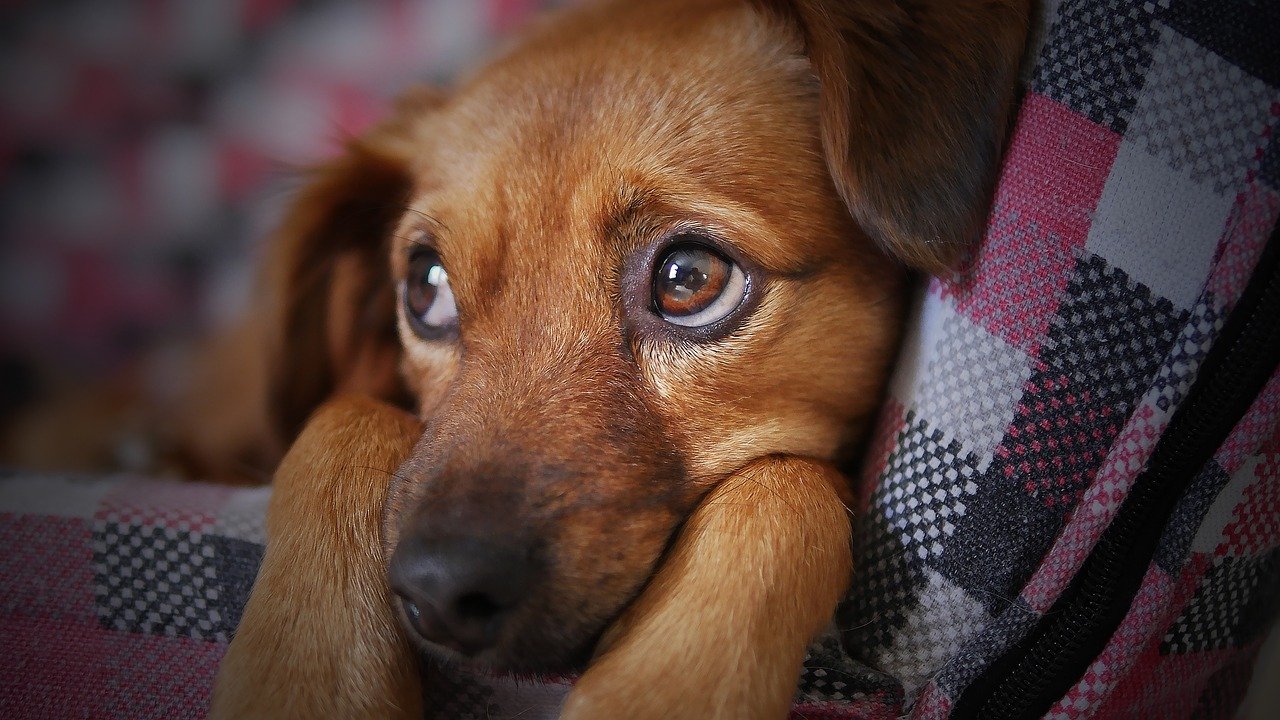
Don’t be afraid to stay in touch
It’s your pet sitter’s job to keep your fur baby safe and happy while you’re away, so don’t feel like you’re a nuisance if you call for a check-in. You can ask your sitter for photo updates or possibly chat with them — and your pet — on a video call. Leaving your pet behind is never fun, but with a trusted pet sitter on hand, you’ll feel much better knowing your pet is in the comfort of his own home with a trusted professional watching over him.

